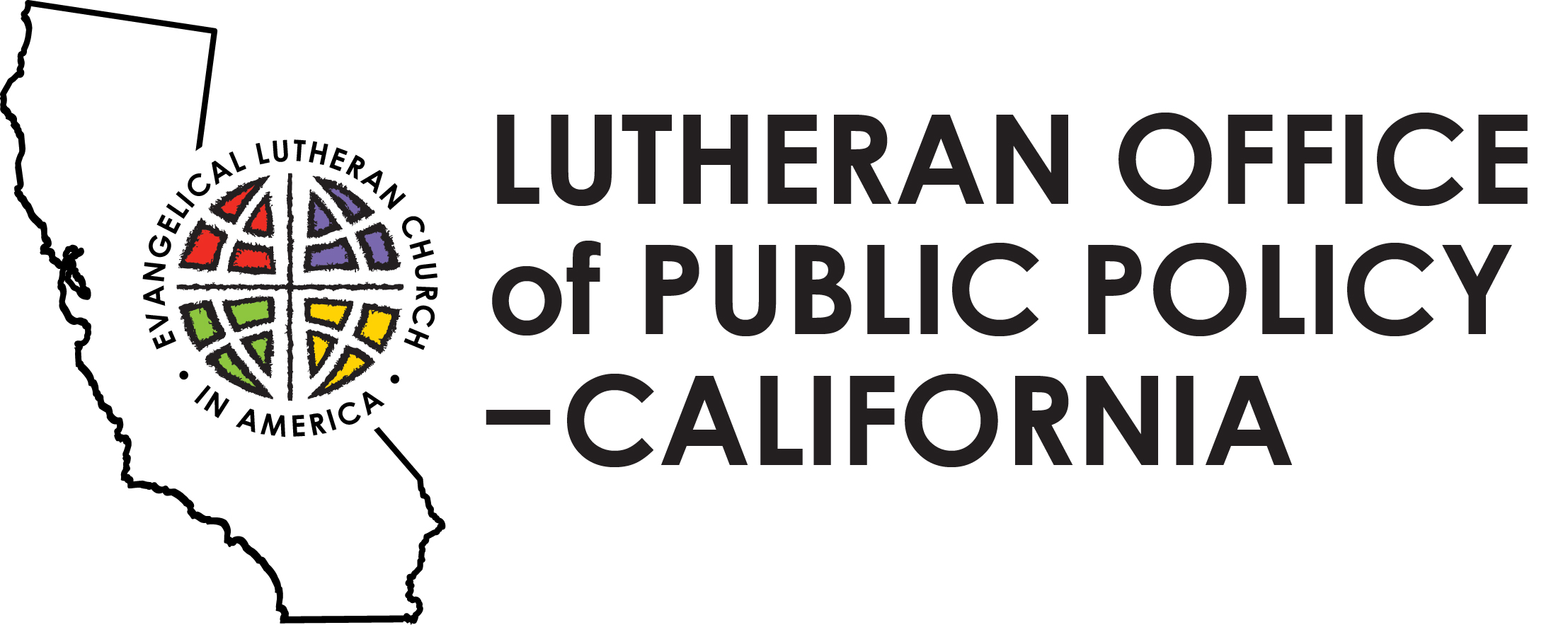AAMPARO
July 12th:
Title: Stories from the Southern Border
Presenter: Rev. Ray Schellinger, Global Consultant on Immigration and Refugees, International Ministries, American Baptist Churches
Summary: Join us to hear stories of resilience from asylum seekers themselves as well as stories from Rev. Ray Schellinger, Global Consultant on Immigration and Refugees International Ministries of the American Baptist Church. Ray will share about his work at the southern border and share some of the stories he has heard from people there. Participants will learn the types of challenges asylum seekers face and learn about ways they can be involved in providing support and welcome.
Registration Link: https://attendee.gotowebinar.com/register/2496147996837632784
July 19th:
Title: Ethical Storytelling – How to tell stories with human dignity
Presenter: Laura Curkendall, Director of Program Communications, CWS and Christopher Plummer, Director of Media, CWS
Summary: It’s natural to want to share the stories of our refugee neighbors with our own friends and family. But how can we ensure that we’re doing it in a way that we feel good about? Members of the CWS Communications team will share their advice to help you tell refugee stories in an ethical, dignified way.
Registration Link: https://attendee.gotowebinar.com/register/8658618200429138448
July 26th:
Title: What is Preferred Communities? Intensive Case Management and the Community in Partnership
Presenter: Melissa Berger, Program Specialist, Vulnerable Populations
Summary: Many refugees, asylees, and other new arrivals with complex needs gain access to extended, intensive case management and group services through the Preferred Communities (PC) grant. Learn who is eligible, how the program works, and how PC staff work closely with local communities to ensure that refugees are able to access and navigate the resources they need.
Registration Link: https://attendee.gotowebinar.com/register/8898774629702595856
